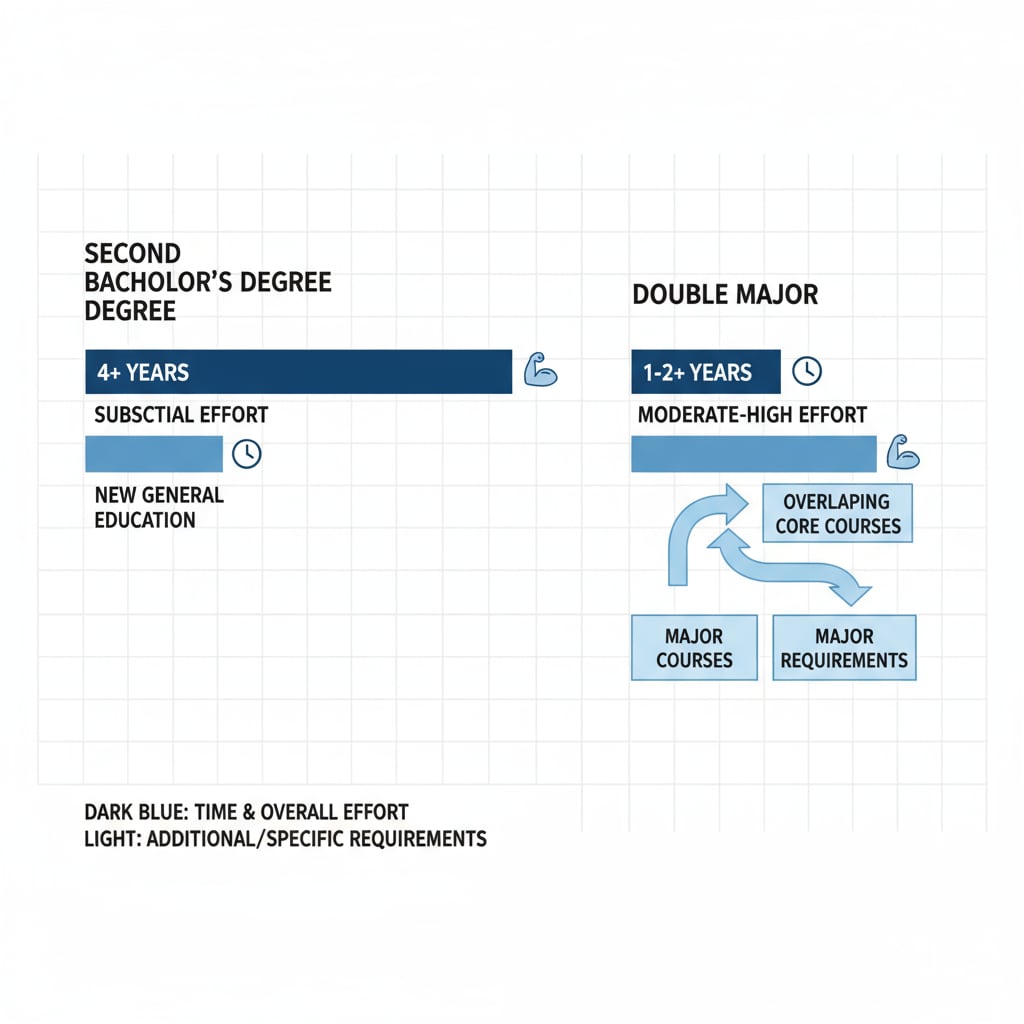Software engineering, major transition, and degree options are crucial considerations for students who wish to shift from the software realm to hard science fields. Many software engineering students, as they progress in their academic journey, find themselves drawn to the more hardware-oriented disciplines such as computer engineering or electrical engineering. This article aims to provide a comprehensive guide on how to make this transition successfully.

The Motivation Behind the Transition
There are several reasons why software engineering students might want to transition to hard science fields. For example, some are intrigued by the physical aspects of technology. They want to understand how the software they develop interacts with the hardware at a deeper level. In addition, the job market in hard science engineering disciplines often offers a diverse range of opportunities. These fields may provide a chance to work on cutting-edge projects in areas like artificial intelligence hardware or renewable energy systems. Computer Engineering on Wikipedia can offer more insights into the field’s scope.
Degree Options for the Transition
When it comes to making the switch, two common degree options are available: the second bachelor’s degree and the double major. A second bachelor’s degree allows students to start anew in a different field. It provides a more in-depth and comprehensive understanding of the new discipline. However, it usually takes an additional two to three years of study. On the other hand, a double major enables students to earn two degrees simultaneously. This option is more time-efficient as it can often be completed within the standard four-year college period. But it can be extremely challenging, requiring a heavy course load. Electrical Engineering on Britannica gives an overview of what to expect in this related hard science field.

Preparing for the Transition
Regardless of the degree option chosen, students need to prepare themselves academically. First, they should review the prerequisite courses for the desired hard science field. This may include courses in physics, advanced mathematics, and circuit theory. In addition, gaining practical experience through internships or research projects in the target field can be highly beneficial. It not only helps students understand the real-world applications but also makes their resume more competitive. Therefore, it’s essential to start planning early and make the most of available resources.
Readability guidance: By following these steps and carefully considering the degree options, software engineering students can make a successful transition to hard science fields. The key is to stay focused, work hard, and take advantage of every opportunity that comes your way.


